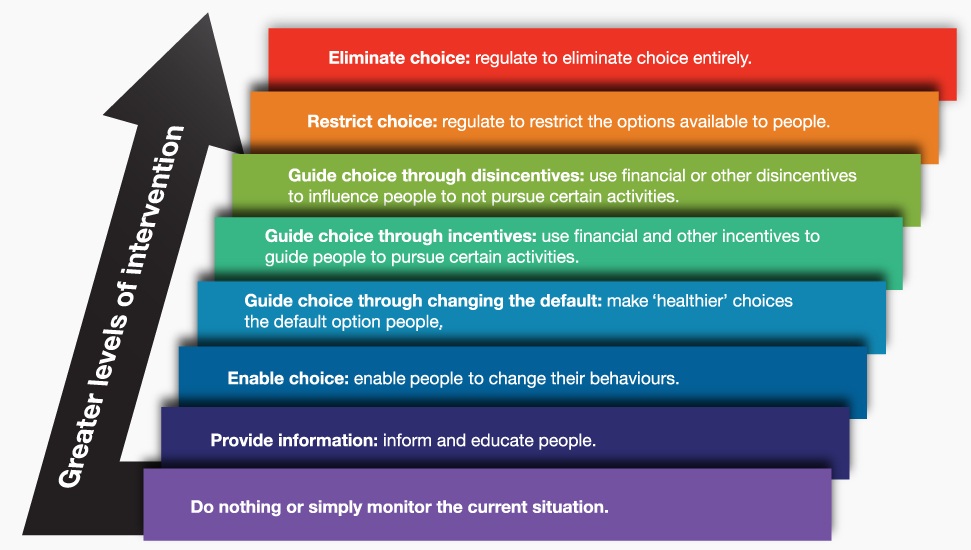CDT Press Release: “This paper is the third in a series of three, each of which explores health big data in a different context. The first — on health big data in the government context — is available here, and the second — on health big data in the clinical context — is available here.
Consumers are increasingly using mobile phone apps and wearable devices to generate and share data on health and wellness. They are using personal health record tools to access and copy health records and move them to third party platforms. They are sharing health information on social networking sites. They leave digital health footprints when they conduct online searches for health information. The health data created, accessed, and shared by consumers using these and many other tools can range from detailed clinical information, such as downloads from an implantable device and details about medication regimens, to data about weight, caloric intake, and exercise logged with a smart phone app.
These developments offer a wealth of opportunities for health care and personal wellness. However, privacy questions arise due to the volume and sensitivity of health data generated by consumer-focused apps, devices, and platforms, including the potential analytics uses that can be made of such data.
Many of the privacy issues that face traditional health care entities in the big data era also apply to app developers, wearable device manufacturers, and other entities not part of the traditional health care ecosystem. These include questions of data minimization, retention, and secondary use. Notice and consent pose challenges, especially given the limits of presenting notices on mobile device screens, and the fact that consumer devices may be bought and used without consultation with a health care professional. Security is a critical issue as well.
However, the privacy and security provisions of the Heath Insurance Portability and Accountability Act (HIPAA) do not apply to most app developers, device manufacturers or others in the consumer health space. This has benefits to innovation, as innovators would otherwise have to struggle with the complicated HIPAA rules. However, the current vacuum also leaves innovators without clear guidance on how to appropriately and effectively protect consumers’ health data. Given the promise of health apps, consumer devices, and consumer-facing services, and given the sensitivity of the data that they collect and share, it is important to provide such guidance….
As the source of privacy guidelines, we look to the framework provided by the Fair Information Practice Principles (FIPPs) and explore how it could be applied in an age of big data to patient-generated data. The FIPPs have influenced to varying degrees most modern data privacy regimes. While some have questioned the continued validity of the FIPPs in the current era of mass data collection and analysis, we consider here how the flexibility and rigor of the FIPPs provide an organizing framework for responsible data governance, promoting innovation, efficiency, and knowledge production while also protecting privacy. Rather than proposing an entirely new framework for big data, which could be years in the making at best, using the FIPPs would seem the best approach in promoting responsible big data practices. Applying the FIPPs could also help synchronize practices between the traditional health sector and emerging consumer products….(More)”

